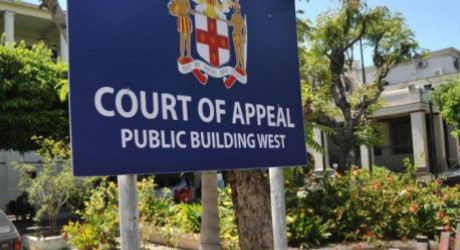.png)
By Prince Moore
An investigation by the Office of Utilities Regulation (OUR) has revealed that JPS was correct in issuing higher bills to customers following the passage of Hurricane Beryl in July.
But the OUR also concluded that the JPS could have better managed the increase to cushion the shock experienced by customers.
In the report, released Wednesday, the OUR said the 'bill shock' was due to a significant increase in the fuel rate in July, which was applied to the August bills.
The bill of the average residential customer with a monthly consumption of 150 kilowatts per hour jumped by 15.6?tween the July and August billing cycle.
The OUR said the scale and extensiveness came to its attention after the bills were dispatched.
The major factors that triggered the increase were: a reduction in the supply of, and the demand for electricity in July; a net increase in the overall cost of fuel from various sources used to generate the electricity supplied; and a significant fuel volumetric adjustment from a previous period.
The OUR said the adjustment, while representing a legitimate cost recoverable by JPS, as in a previous occasion, could, after consultation between the OUR and JPS, have been spread over multiple billing periods to ameliorate the price effect on customers.
Among the findings was that electricity generation fell by 13.73% with a decrease in sales by 13.27% in July this year relative to that in June.
Additionally, arising from the unavailability of natural gas and the necessary curtailment of renewable energy plants during and after the hurricane, automotive diesel oil was used in greater volumes than normal.
Automotive diesel, a more expensive fuel, led to further increases in the fuel cost per unit of sales.
comments powered by Disqus


.jpg)







 All feeds
All feeds







